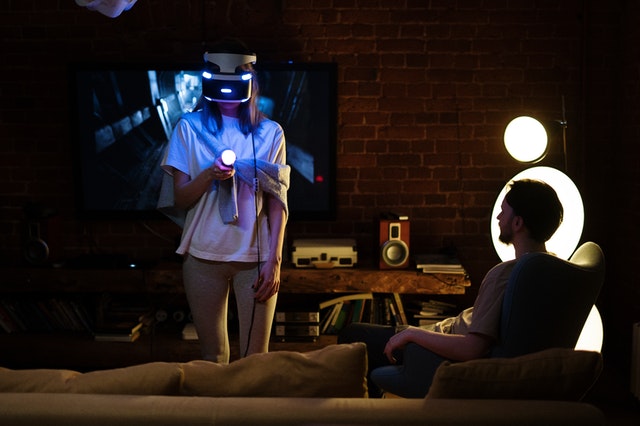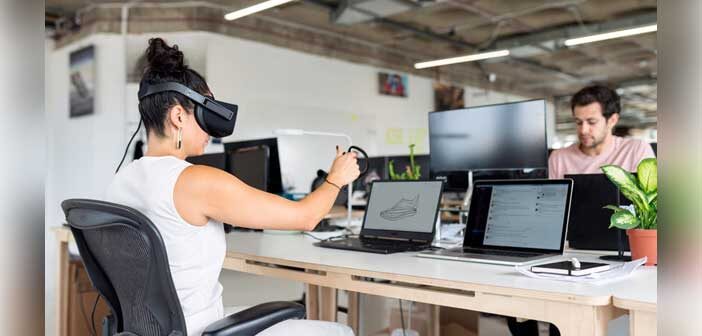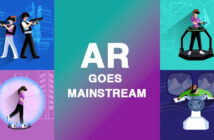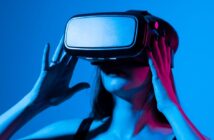Board games play a vital role in the lives of children during their growing age. Games like carom board, chess, monopoly, checkers, jigsaw puzzle helps children in learning and sharpen their mental skills. Children learn to pay attention to details.
They learn the concept of following rules and regulations and time management, and much more valuable stuff.
And as technology is developing day by day, it is easier to learn board games no matter how technical they are. There are institutes to help children learn chess online and other astonishing board games.
Board games are also helpful for adults to bond with their family and friends and relieve stress.
All types of games help people in different ways.
For example, outdoor games help physically, video games help increase agility and help you understand technology better. Board games help to boost IQ.
With passing time, technology is improving in all fields. In gaming nowadays, VR (Virtual Reality) is widely used in gaming. VR gives a 3D experience and also helps our mental health.
Following are five ways using VR is helpful to understand human behavior:
1, Naturalness:
Due to the realistic features of VR (Virtual Reality), you can experience real feelings and behave naturally. The behavior you induce in a VR game is helpful for researchers to understand your choices and needs. You will most likely behave similarly to how you behave in the game.
VR gaming is helpful to understand what kind of behavior you show and how it affects the ecological environment and society.
2, Adjustability:
The researchers can perceive dangerous situations without putting anyone at risk. The virtual environment of VR is similar to reality, so if you are rude and mean in the game, then there is a high chance that you show behavior in real life.
It is also easier to understand other people’s feelings with VR. For example, a doctor can know what it’s like to be in a patient’s shoes.
3, Test Control:
Another one of VR’s benefits is that it is unchanging. When researchers conduct social experiments in real life, there is no surety that every actor will act similarly. However, in VR, the stimulus is presented in the same format, assuring uniformity. You don’t have to worry about the change in the actor’s behavior. The researchers can gain insight into people’s behavior with ease, with the proper stimulus provided.
VR is very beneficial for researching a large audience.
4, Versatility:
One huge undiscovered space of potential for Virtual Reality research using its versatility to differentiate members in research examinations. Multi-site research groups and those wanting to contemplate hard to arrive at populaces may see the value in the portability of VR, which permits normalized research to be directed across different areas or locally.
Not only does the versatility of VR allows researchers to take headsets to their members in different areas, yet it likewise permits them to take advantage of large buyer VR markets to gather information from around the world in existing virtual networks. In friendly VR, numerous individuals associate in a similar virtual space although, they are in various areas and can frame veritable companionships and interlinked networks.
5, Collection of Data:
In VR, the details that researchers require to conduct any experiment are calculated automatically without the need for keen observation.
VR also helps to interpret the facial expressions of the players. It is beneficial for researchers to understand the feelings of people without them verbalizing them.
Researchers can quickly examine the behavior of people and their social interactions with the collected data on VR. They can do their work without going through the trouble of observing their every move.
Conclusion:

The points above show how VR can help you have a better understanding of human behavior. It is a tool for psychologists to study and examine how human beings interact and react to certain situations.
VR ( Virtual Reality) is a novel device in clinicians’ tool kit with much-undiscovered potential. Here we distinguished five key benefits of utilizing VR as a research device: information assortment, authenticity, exploratory control, versatility, and portability (DREAM). We desire to motivate researchers to consider whether and how VR is serviceable to increase their research projects or answer presently unfeasible research questions.




